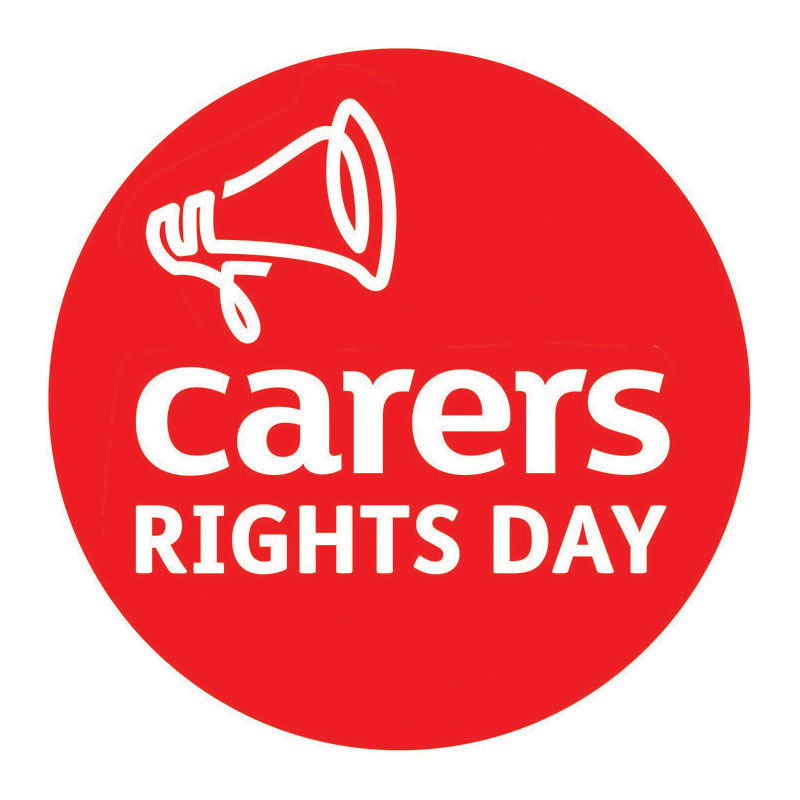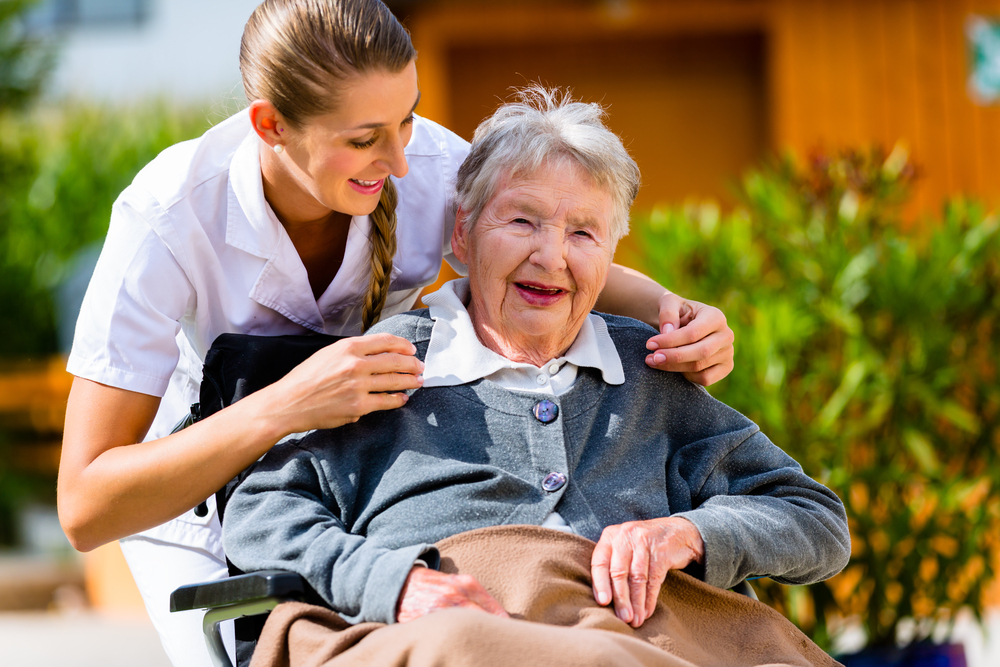Whether you are a nurse, a doctor, or even a caregiver, there are many ways in which you may have been trained to show support for your patients. If you put yourself in the shoes of one of your patient, you will quickly realize there are many things that would change. For most, a patient has some type illness or issue that prevents them from being healthy and performing normal activities that you may take for granted.
When considering patients, it’s important to remember what they are going through, and some of the possible side effects of the diagnosis they may receive. There are many physical, emotional, and even financial repercussions that may result from a medical diagnosis provided to a patient. Sympathizing and understanding the struggles or challenges they may be dealing with is one of the most important things that a caregiver can provide.
As a medical professional, your employer most likely trained you to undergo the common steps to helping a patient while they are in the realm of your care. Some of these steps include ensuring they are comfortable in the hospital, making sure they are being supervised, and ensuring they are recovering or gaining strength from whichever illness they may be overcoming while in your care. Outside of these core values, there are plenty of personal aspects in which medical professionals can show emotional support for their patients.
Show Concern
Outside of your daily routines and tasks in the office, it’s important that you show emotional concern and support for all patients you come into contact with. Take the extra step, and go outside of just providing the care they need, and checking on them regularly. Like stated before, put yourself in their shoes and try to empathize what they are dealing with on a day to day basis. Take a moment to think about some of the thoughts that are going through the patient’s head, and think of ways in which you can relate to them.
Initiate regular conversations with your patient, and ask them about family life and friends outside of the hospital. Not only does this show concern, but it helps the patient to relieve their mind of the current position they are in, and reflect upon things outside of their day to day events within the care facility.
Give Suggestions
The opinions and viewpoints of medical professionals such as doctors and nurses are valued at higher levels than they may imagine. When speaking with a patient, provide them with genuine suggestions that can help improve their daily routine. Speak with them about nutrition, dieting, and exercising habits that can aid in their recovery process. Maybe suggest support groups that can help their families outside of the care facility when coping with the current situation. Doctors and nurses can also provide resources to help the patient learn more about the medicine they are taking, and suggest online readings that can further educate their family on some of the normal or regular occurrences that patients may be dealing with.
Lend a Helping Hand
For that special bond, consider offering a helping hand to the patient or person under care. These can be smaller steps that make a large impact on a patient’s well-being and emotions. If you feel a special connection with someone dealing with cancer, go the extra mile and bring in a dessert of their choice one day. Or, offer to bake a meal for the patient’s family.
Is there an area of life, outside of the patients control that is bothering them? Perhaps there is a leak in their home that they cannot tend to because of their current status. Take the extra step, and coordinate a repairman to visit the patient’s home to take care of the leak. Completing small tasks such as these can make a larger-scale impact on a patient’s emotions and help them to stay more positive while they are under the care of medical professionals.
Do you know someone currently sick, or dealing with an illness or disease that has affected their ability to perform day to day tasks? Stop and brainstorm ways in which those providing care for these individuals can make a positive impact on patients and their emotions. The smallest gestures of kindness and concern can make a larger-scale impact than you may imagine. In what ways can you help someone dealing with a similar situation?


